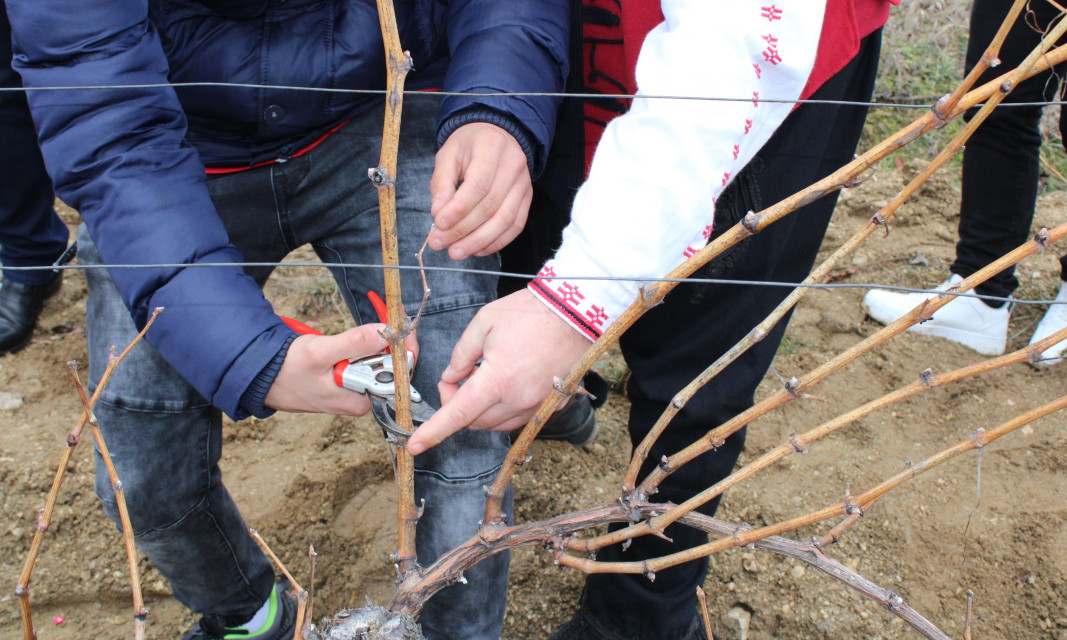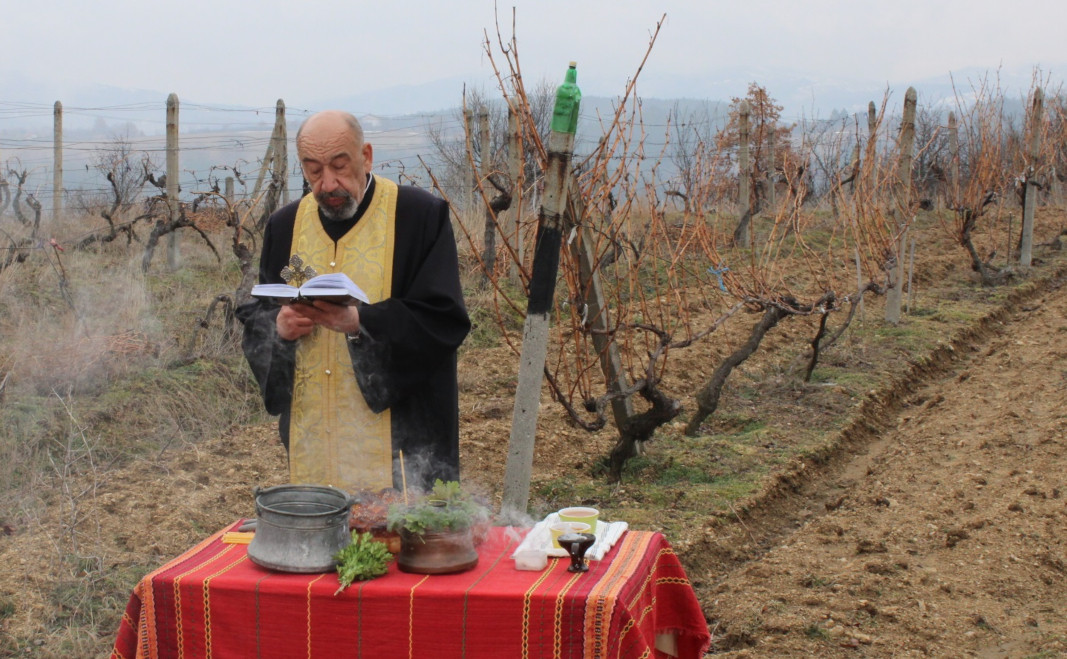Radio Bulgaria’s latest quiz about February 14, when the holiday of vine-growers and wine-makers (Trifon Zarezan, Trifon the Pruner) and Valentine’s Day are marked, divided the audience. A total of 474 people took part in our quiz published in ten languages. We asked you: “What is February 14 according to Bulgarian tradition?” 58% marked the correct answer-holiday of vine-growers and wine-makers. A day of love was the second most-common answer.

At Triforn Zarezan (St, Trifon’s Day), Bulgarians prune the vines and celebrate with plenty of wine and food. However, not everyone knows the origin of the traditional Bulgarian feast. According to the Orthodox Church, it is associated with the life of the Holy Martyr Tryphon of Campsada, who was born in 225 AD and died during the persecutions against Christians. According to ethnographers, the feast of Trifon Zarezan dates back to the times when the Thracians inhabited our lands and the ritual is associated with the spring celebrations in honor of Dionysius – the god of fertility, wine and sun. Thracian priests used wine in rituals as a symbol of unity between people and Gods.
Initially, Bulgarians celebrated the Day of St. Tryphon, honored as a patron saint of vine growers, wine makers and bar-keepers on February 14. After the introduction of the Gregorian calendar, in 1968, Bulgarians started to mark the church feast on February 1 and the Day of Vine-growers and Wine-Makers- on February14.

However, the two feasts have had a mutual influence on each other, all the more so given that St. Tryphon the Pruner is often depicted holding various pruning instruments.
Do not miss the opportunity to answer our new question connected with March 1, when Bulgarians traditionally exchange martenitsas (intertwined red and white thread) for sound health and good luck.

Compiled by: Diana Tsankova
Photos: BGNES and library
The second annual Bean and Sausage Festival promises to be an unforgettable celebration of flavour and folklore in Zhitnitsa , a village in southern Bulgaria. On 7 September, the grounds of the local equestrian centre will host food lovers..
The Regional Open-Air Ethnographic Museum "Etar" was established as a center for the study of the traditional culture of the Balkan Range people. Today, this unique site near Gabrovo serves as a place where customs and traditions from the Bulgarian..
From today until August 24, the 15th Folklore Costume Festival Zheravna 2025 is taking place in the Dobromeritsa area. Over 30 kaba bagpipers will kick off the event (8:00 p.m.), which every year gathers thousands of visitors dressed in..

+359 2 9336 661
